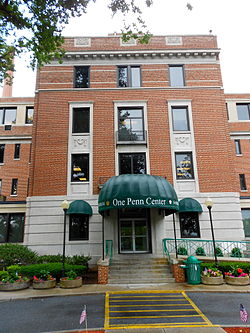U.S. District Judge Jorge Alonso’s refusal this week to block a merger between Advocate Health Care and NorthShore University HealthSystem, both in the Chicago area, dealt a hard blow to the Federal Trade Commission’s efforts to rein in consolidation of hospitals. The decision could quickly encourage systems to merge, which could lead to considerably higher healthcare costs as the new entities wield more market power and thus are better able to negotiate with insurers.
It was unclear that the FTC would appeal.
In another similar big case, a federal judge in Pennsylvania refused to stop t a merger between Penn State Hershey (Pa.) Medical Center and PinnacleHealth System in Harrisburg — a decision that the FTC is appealing.
The judge in that case said: “Our determination reflects the healthcare world as it is, and not as the FTC wishes it to be. We find it no small irony that the same federal government under which the FTC operates has created a climate {of cooperation among providers} that virtually compels institutions to seek alliances such as the hospitals intended here.”





